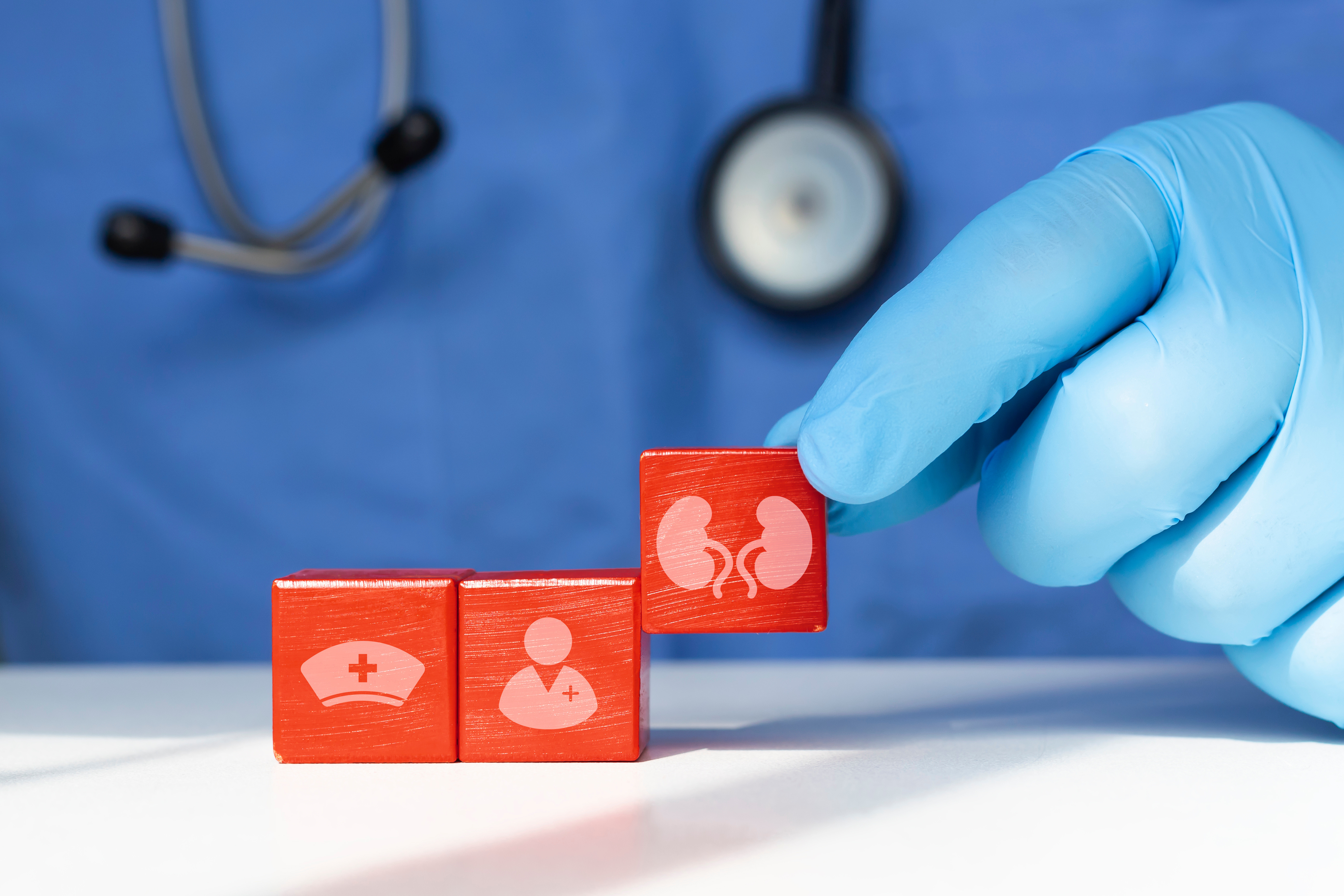The kidneys are vital organs, intricately woven into the body's ability to maintain health and stability. March, celebrated as National Kidney Month, serves as an opportune time to highlight their significance, functional marvels, and the importance of maintaining kidney health. Understanding the kidneys is essential to appreciating their role in human well-being and the ongoing strides in medical research.
The Importance of Our Kidneys
Kidneys are bean-shaped organs roughly the size of a clenched fist, located on either side of the spine below your ribs. Their primary role is to act as the body's natural filtration system. Each day, kidneys filter about 200 quarts of blood, removing approximately two (2) quarts of toxins and excess fluid to form urine. They regulate essential aspects of physical health, such as electrolyte balance, blood pressure, and the removal of metabolic waste—critical for preventing life-threatening complications like uremia and electrolyte imbalances. They also maintain chemical levels essential for supporting skeletal strength and red blood cell production by forming vitamins and hormones. Kidney function plays such a diverse role that experts often remark, "When the kidneys aren’t working correctly, nothing else is either"
Everyday Functions of Kidneys: Balancing the Body
The kidneys are uniquely skilled multitaskers. Their functions include:
- Chemical Regulation and Detoxification: Filtering waste such as urea and creatinine from the blood while retaining necessary substances.
- Fluid Balance: Ensuring the body has the proper amount of water by filtering excess or retaining water when needed.
- Electrolyte and Acid-Base Balances: Controlling the levels of minerals like potassium, sodium, and calcium, while excreting harmful acids produced during cellular metabolism.
- Hormone Production: Producing crucial hormones such as erythropoietin, which stimulates red blood cell production, and renin, which regulates blood pressure.
Even under stress, a single healthy kidney can adjust and handle 75% of regular renal functions, clearly demonstrating the resilience and adaptability of these remarkable organs.
How Kidney Problems Develop
Kidney disease can manifest in acute or chronic forms. Chronic Kidney Disease (CKD), affecting over 37 million adults in the U.S., becomes a "silent killer" in its early stages due to its lack of symptoms. Conditions like diabetes and hypertension are major contributors, responsible for about 65% of kidney failure cases in the U.S.. Without proper treatment, CKD can lead to end-stage renal disease, requiring dialysis or a kidney transplant.
For EMS personnel, managing patients with kidney disease presents unique challenges. CKD often leads to complications such as hypervolemia, hyperkalemia, and uremia, which demand swift recognition and targeted interventions.
Preventative Measures to Protect Kidney Health
While some risk factors are unavoidable, taking proactive steps can significantly reduce the likelihood of kidney disease. Here are some recommendations:
- Stay Hydrated: Proper water intake supports kidney filtration.
- Control Blood Pressure and Blood Sugar: These are crucial for preventing vascular damage to renal tissues.
- Avoid Overuse of NSAIDs and Smoking: These substances stress kidneys and pose risks of damage over time.
- Seek Regular Screenings: Blood and urine tests can detect kidney damage early, allowing for timely interventions.
Knowledge for EMS Personnel
EMS providers often encounter patients with acute kidney injuries (AKI) or CKD-related emergencies requiring specialized care. Recognizing signs like severe metabolic acidosis, hyperkalemia, or volume overload can be lifesaving. EMS protocols should ensure cautious medication dosages, as many drugs are processed by impaired kidneys, and emphasize the need for collaboration with nephrology specialists.
Our kidneys are essential to life, and their function spans far beyond filtration. Research advancements offer hope for improved treatment outcomes in kidney disease, emphasizing the importance of early detection and proactive management. March, as National Kidney Month, serves as a reminder to prioritize kidney awareness in all healthcare contexts—from public education to EMS interventions. Let us all take a moment this month to recognize the importance of kidney health—for ourselves, for our communities, and for the patients whose lives depend on these extraordinary organs.



Comments